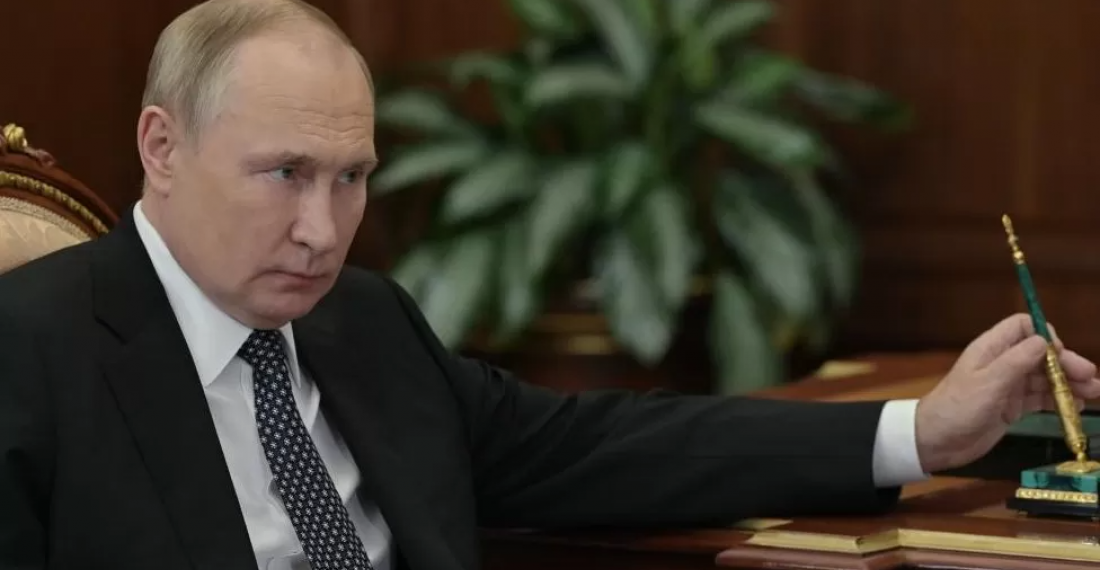Following an appeal from Patriarch Kirill, the head of the Russian Orthodox Church, Russian President Vladimir Putin has ordered a 36-hour ceasefire along the front line in Ukraine over Orthodox Christmas.
Scheduled to begin on Friday at 12pm Moscow time, the ceasefire ordered by Putin was quickly rejected by the Ukrainians. The Ukrainian presidential advisor Mikhailo Podolyak responded by saying that "[The Russian Federation] must leave the occupied territories - only then will it have a 'temporary truce'". He added that Russia should "keep hypocrisy to yourself".
Over the New Year celebrations, Russia launched one of its biggest drone attacks on critical infrastructure and main population centres in Ukraine since the start of its full-scale war. Ukraine says that it successfully destroyed all 84 of the drones that Russia launched over the New Year period.
Patriarch Kirill had asked "all the parties involved" in the conflict to "cease fire and establish a Christmas truce". A subsequent statement by the Kremlin read: "Taking into consideration the appeal by [Kirill], the president hereby instructs the minister of defence of the Russian Federation to impose a ceasefire regime along the entire line of contact in Ukraine", ending at midnight on Sunday.
It is believed that Putin's order is an attempt to demonise Ukraine in the eyes of the Russian public. In recent weeks, Russian propaganda has continued to push a narrative that the country is fighting a "Holy War", and has also described Ukrainians as "satanists".
Christianity remains widespread in Ukraine, and many people celebrate Christmas on both 25 December or 7 January. Both days are public holidays in Ukraine. This year, for the first time, the Orthodox Church of Ukraine permitted congregations to celebrate Christmas on 25 December, as some other denominations in western Ukraine already do.
The Orthodox Church of Ukraine split from the similarly named Ukrainian Orthodox Church in 2018. The latter's religious leadership had been tied to Moscow before the invasion, and some of its top clergy have been accused of secretly supporting Russia's invasion of Ukraine.






